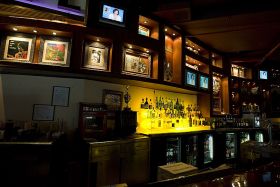
I live right in the middle of the Panama City nightlife district in Bella Vista, which is on the other side of Marbella. You name it and we have it here. There are clubs, bars, underground places with live music, and Canal-side bars that have live music. There is a lot of live music here. There are DJs that come from all over the world to play and we also have a lot of good local DJs. There are some very cool but slightly expensive bars in Casco Viejo. There are sports bars where you can catch your game and have a couple of drinks.
Most places here in Panama stay open until 2 AM or 3 AM. (They can’t stay open after that because the police will close them down.) Whatever your taste is for nightlife, you will find it here in Panama City.
Outside of Panama City, in the interior, the locals hang out at the local bars until late at night. If you go to Coronado, there are a couple of bars there but I am not sure how late they stay open. In places like Santa Catalina, which is a surfing town, there are places that stay open until the wee hours during weekends. However, most places in the interior stop taking food orders at around 10 PM and close at around 11 PM.
In Boquete, there are quite a few bars that stay open after midnight. For food, you probably won’t be seated at half past nine at the latest. There are tons of bars in Boquete and there are lots of people traveling from all over the world there, too. There are lots of different places to drink and find food. I actually got married in the UK, but we had a wedding party in Boquete. After we have finished partying at 1 AM, our guests went to this club and partied until very early in the morning.
When you go to Bocas Del Toro, you’ll notice that their clubs and bars are open until late every Friday and Saturday night and it tends to be quite busy because people will come from Panama City. Otherwise, their guests are only tourists and the bars and clubs are open only until midnight.



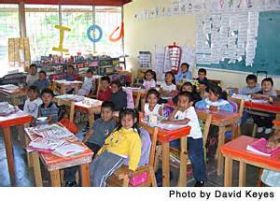 The quality of the schools in Mexico depends on the type of school and the region.
The quality of the schools in Mexico depends on the type of school and the region. 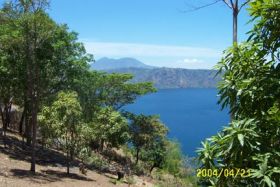 Nicaragua. It is the largest city in the department but there are several other cities within a 30 minute drive of Granada. The "White Towns" of Diria, Diriomo and Catarina are at a higher altitude and tend to be a bit cooler. There are not many ex- pats in these small towns at this time but people are starting to look in that direction.
Nicaragua. It is the largest city in the department but there are several other cities within a 30 minute drive of Granada. The "White Towns" of Diria, Diriomo and Catarina are at a higher altitude and tend to be a bit cooler. There are not many ex- pats in these small towns at this time but people are starting to look in that direction. 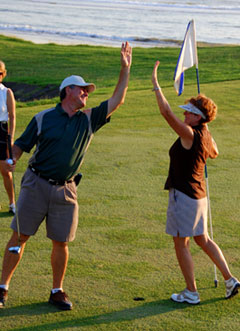 but break into to main categories, the practical and philosophical.
but break into to main categories, the practical and philosophical.
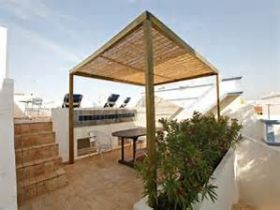 If you are moving your things to Portugal, it is best not to bring your electrical appliances because we have a different voltage here in Portugal than in the US. We use 220 voltage here, which is the same as in England.
If you are moving your things to Portugal, it is best not to bring your electrical appliances because we have a different voltage here in Portugal than in the US. We use 220 voltage here, which is the same as in England.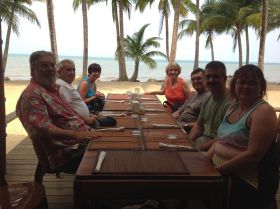 No shirt, no shoes... no one will notice!
No shirt, no shoes... no one will notice!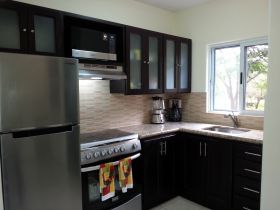
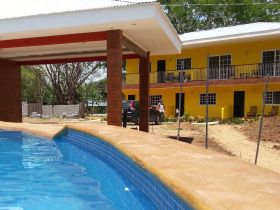 Some of you may be tempted to buy one of those beautiful tropical dream homes overlooking the Pacific along the Emerald Coast of Nicaragua. It's very tempting, I have the same dream. But before you do please consider an alternative. CONDO'S
Some of you may be tempted to buy one of those beautiful tropical dream homes overlooking the Pacific along the Emerald Coast of Nicaragua. It's very tempting, I have the same dream. But before you do please consider an alternative. CONDO'S